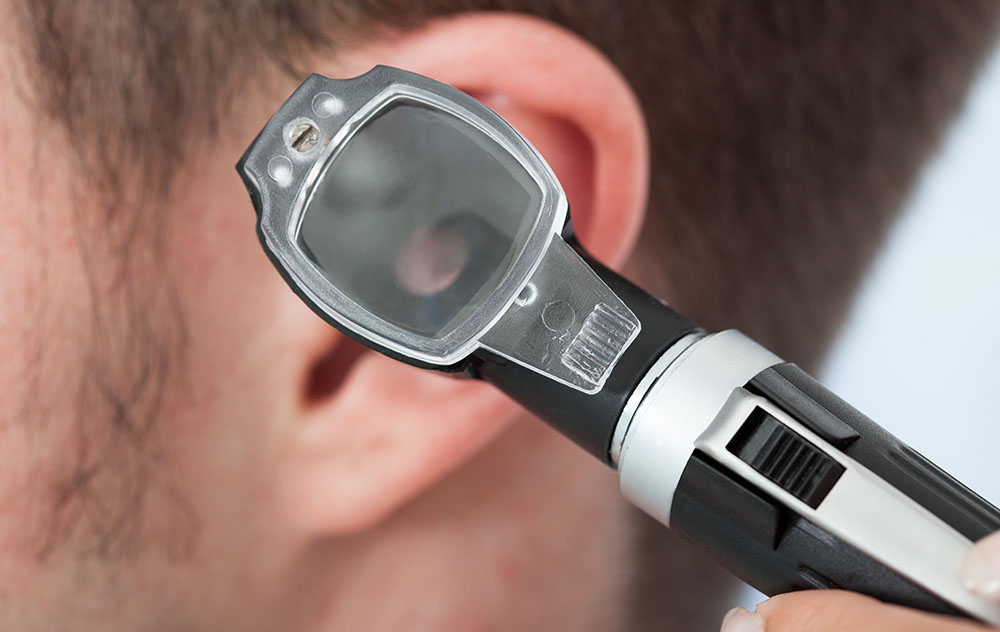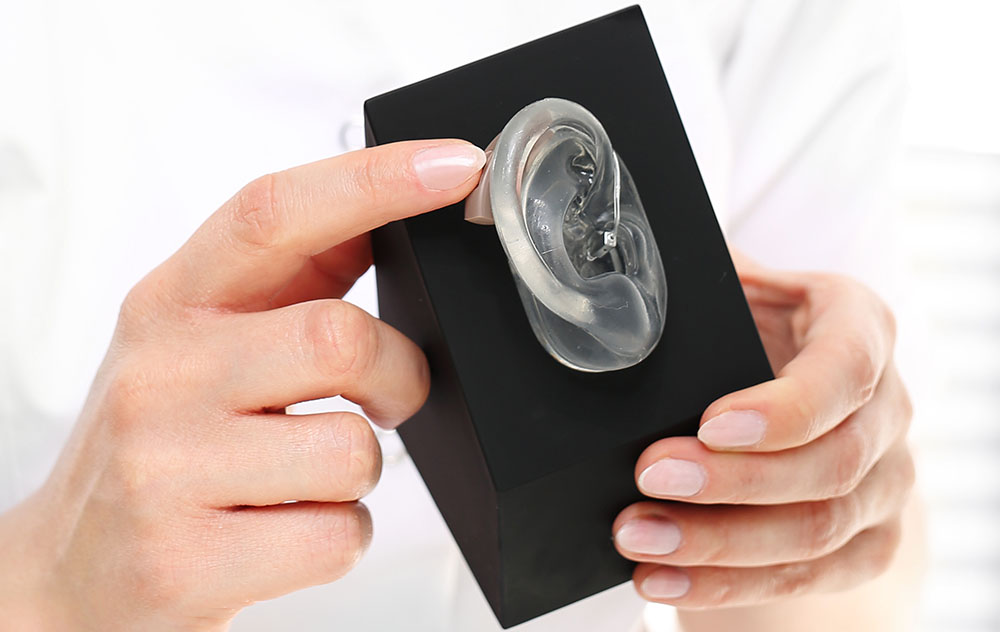How Hearing Aids Help Tinnitus
Audiologists and hearing specialists will sometimes recommend hearing aids
Cambridge patients-WE’VE MOVED! Our new location is located at 369 Revolution Dr. Somerville, MA 02145 Inside Parrelli Optical at Assembly Row


Audiologists and hearing specialists will sometimes recommend hearing aids

Hearing tests are not particularly well-known about among the general

A lot of people who use hearing aids as a normal part of their daily life